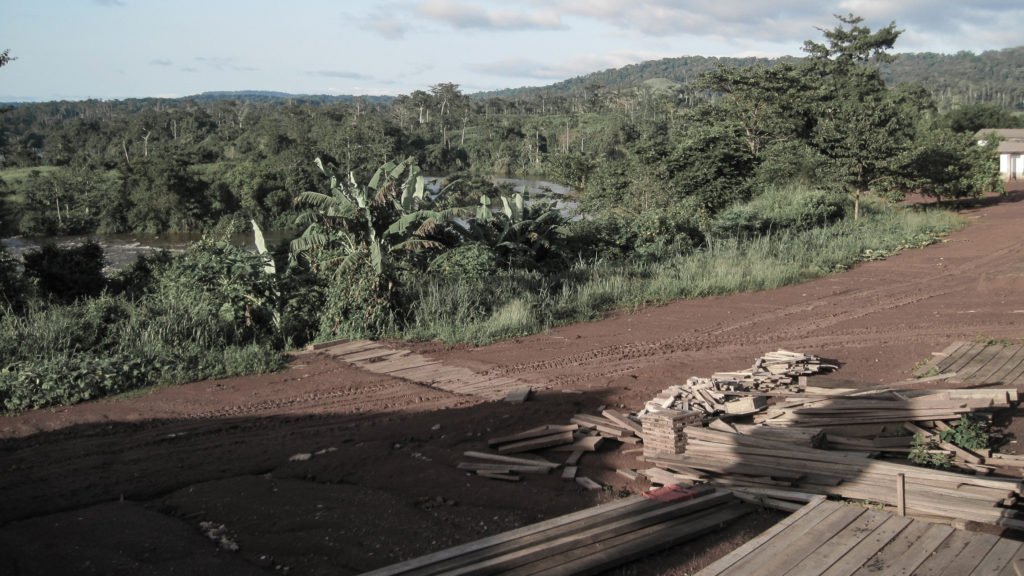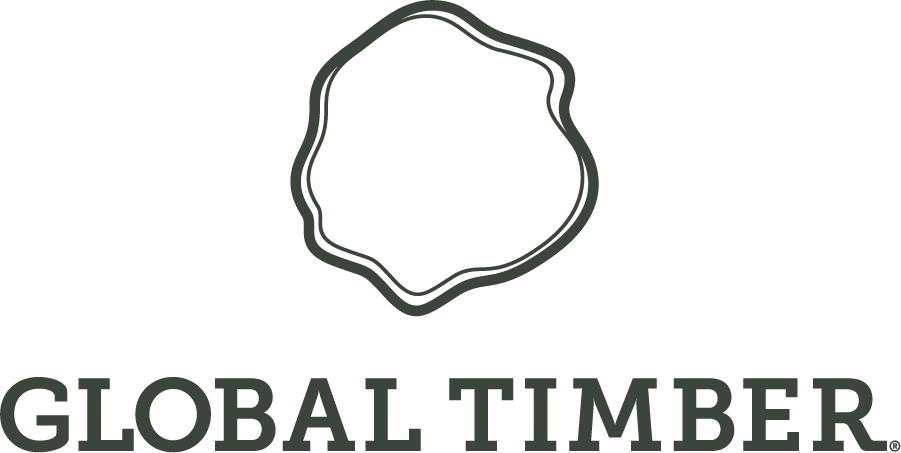
Global Timber’s environmental policy is based on respect for our natural resources and on the importance forests have for the climate for our generation and for coming generations. This means that we actively work to operate and maintain sustainable forestry. We ensure that trees are felled legally, in accordance with international standards and in accordance with local regulations and legislation in our partners’ countries.
Global Timber is an active and engaged member of the Danish Timber Trade Federation, which requires that its members source wood based on sustainable principles and that they inspect their suppliers to ensure that they are environmentally responsible.
Global Timber recognises and supports the Forest Stewardship Council® (FSC®) and the Programme for the Endorsement of Forest Certification schemes™ (PEFC™)
Global Timber is FSC® certified. We are also PEFC-certified.
Global Timber has implemented the EU security system that prevents trade in illegal timber.
This means that we ensure our products meet EUTR requirements, and we can provide advice and guidance relating to other trade requirements that we also comply with. We respect human rights, comply with occupational health and safety regulations, are engaged in anti-corruption, and enter into partnerships that care for the environment, people and nature.
Relationships based on trust
Anders Bitzer is the Procurement Director at Global Timber, with special focus on Africa, and has lived in the Republic of the Congo for a period of time. The Congo Basin is a huge rainforest region in Central Africa and Anders considers it his second home. This part of Africa has a special place in his heart, and it is where Global Timber sources four important species of hardwood – Sipo, Sapele, Iroko, and Wenge, of which Sipo and Sapele are types of mahogany.
“We work with a handful of very reliable suppliers in Africa and have a very close collaboration with them. We’ve worked on everything to ensure quality is assured. When Global Timber orders a specific quality, we get that quality,” says Anders and explains that the relationship with the African suppliers is based on trust. According to Anders Bitzer, Global Timber closely monitors developments at the suppliers by carrying out site visits to discover of the supplier has acquired new machinery for instance, which means that they can supply new products, with different packaging or cutting.

From village to town
The sawmills were built in tiny villages with about 500 people. Today, one of those villages is a town with 15,000 people. There are 1500 people employed at the sawmill. The town has grown significantly and now has no less than a mayor, a post office, a school, a hospital, restaurants, and an airport. It has become a regional centre, where the authorities have established a customs duty office. The growth of the town has been driven by the sawmill and its development and the local population has moved to the town from very small villages along with people from the capital Brazzaville due to the town’s quality of life.
Sustainable African suppliers with FSC certification
Global Timber work with two very reliable suppliers in the Congo Basin who supplement each other and who are FSC-certified. According to Anders Bitzer, this means that “the local legislation is amply complied with” since the requirements for achieving international FSC certification are much more stringent than the local regulations.
“The FSC rules relating to sustainability in the forests in the Congo Basic region include the rule that only 2.5 trees per hectare can be felled. After 30 years, you can once again fell 2.5 trees in the same hectare. During this time interval the forest has regenerated itself naturally,” says Anders. He also emphasises that it must be nature that determines the diversity in the forest.
